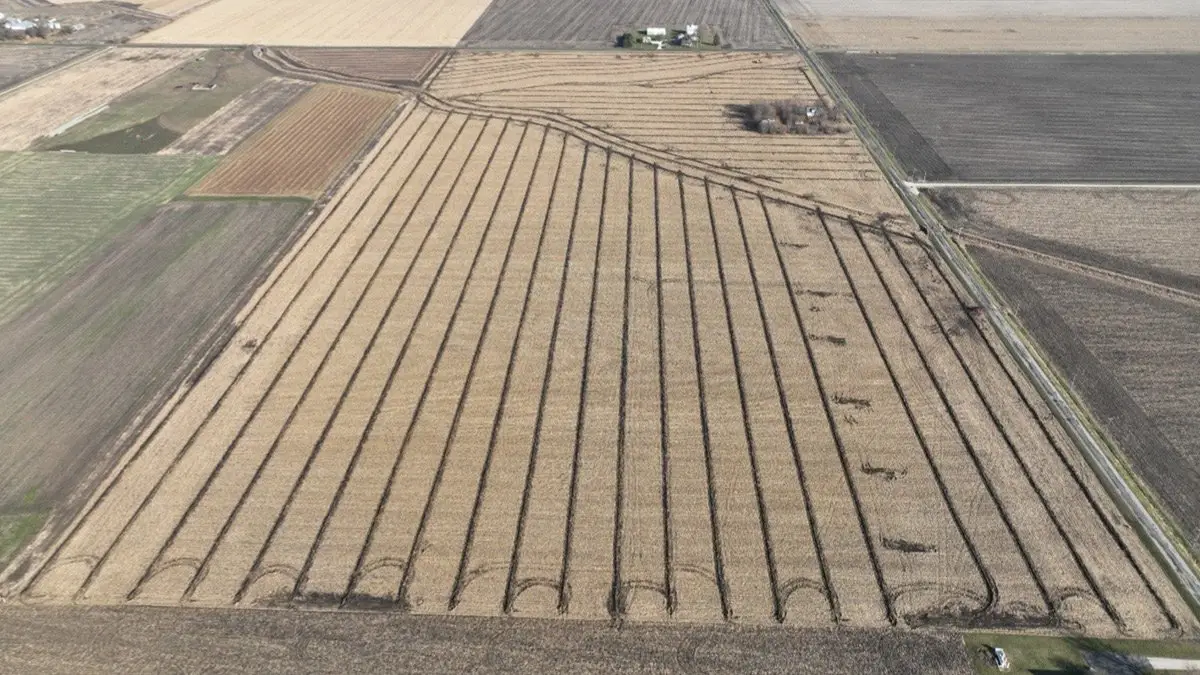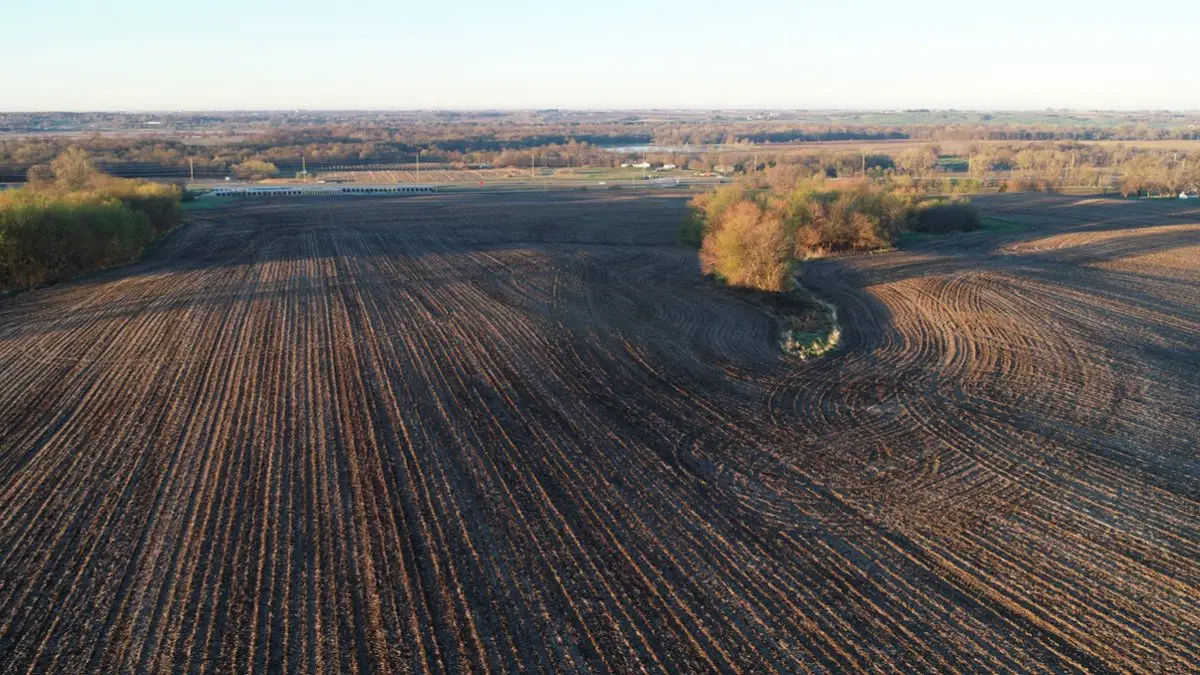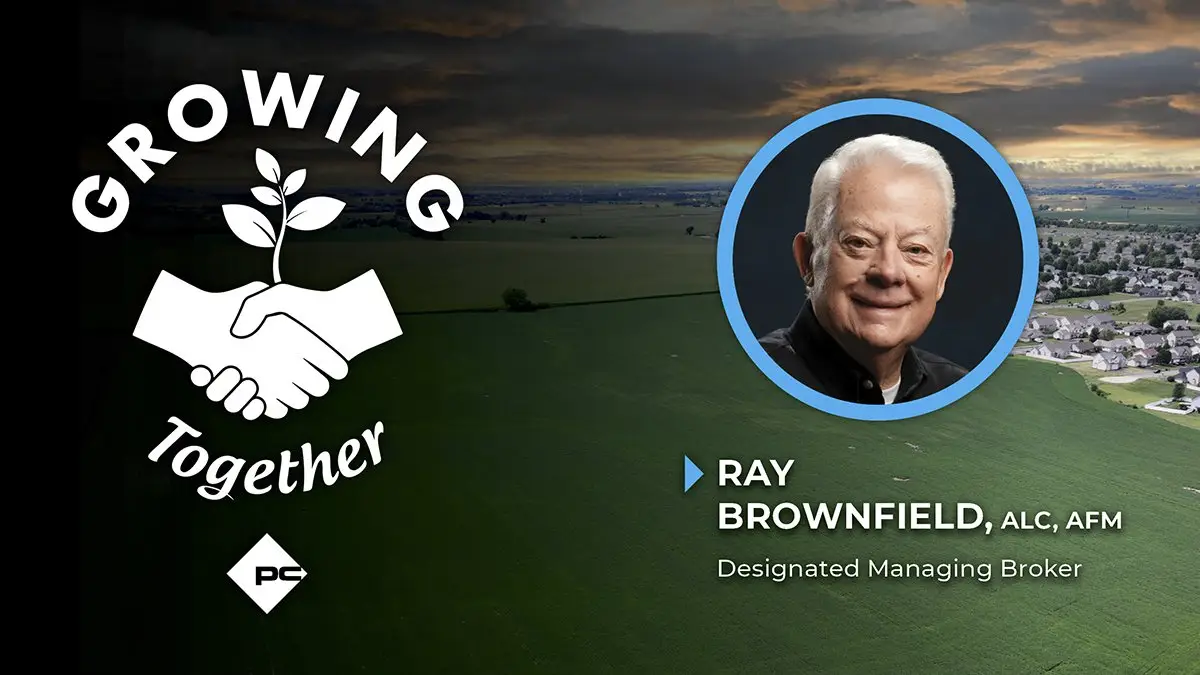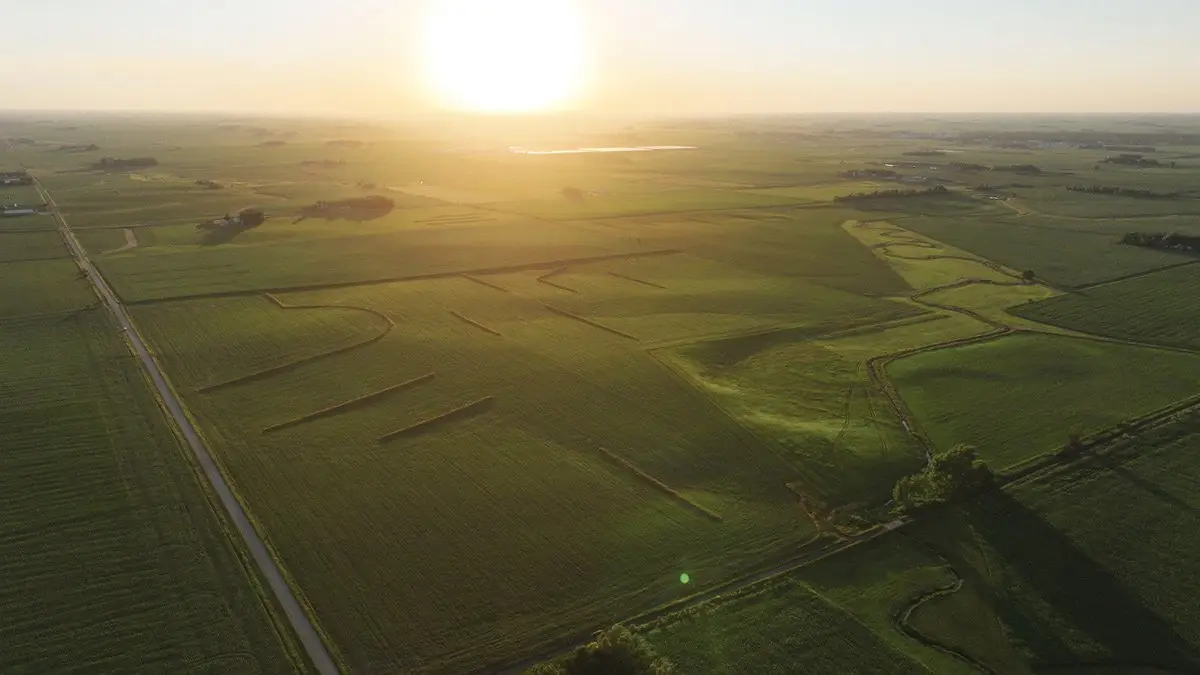It was late on a Friday afternoon during corn harvest years ago, when my father pulled up beside my tractor and wagon. He opened the door of the combine and told me to follow the tractor's path around the field and to not cut through the field because it was too wet. I shut the door of the Allis-Chalmers One-Ninety XT tractor cab, after a nod of approval. He steered the combine into the next rows in the field and I started off for home with a full load of corn.
As I mentioned, it was late on a Friday afternoon and I was ready for the weekend. I decided that cutting through the field was the fastest way to get this corn unloaded. Seconds after making this decision with music blaring, I realized that I wasn’t moving and the rear wheels on the tractor were digging into the mud. Consequently, the wagon of corn was sinking up to the axles. I stopped the tractor and got out to look at what I had done. I couldn’t believe a tractor and wagon could sink that far down into a field. If only my dad had told me not to cut corners!
Buying and Selling Farmland
When buying or selling farmland, landowners mustn't cut corners. Motivated farmland buyers as well as sellers may be tempted to jump to conclusions or hurry to make a decision, ignoring time-honored practices The following are just a couple of topics to keep in mind when planning your farmland transaction so you won’t be tempted to cut corners.
Will of the Partners
LLCs, trusts, S-corps, C-corps, LLP’s, and FLP’s are just several of the incorporations used in the ownership of farms and ranches. If these incorporations are owned/managed/shared etc. by a group of individuals such as a family, it is common to have a “Will of the Partners” document, which provides written consensus and approval, by all owners/members.
The incorporation document may contain the proceedings and direction necessary for the entity to sell and/or purchase additional property. If that is the case, then the incorporation statutes should be documented and the requirements met, in writing, before any activity towards the purchase or sales of the property should take place.
If there are no statutes documented in the incorporation structure for the sale or purchase of property, then an attorney should be involved to create the ‘Will of the Partners’ for owner/member review and signatures.
Cutting this corner can lead to significant issues and even legal action, especially if a family is involved. Owner/member documented agreements on the purchase/sale of farmland property force the conversations and agreements before commitments are made to outside parties like brokers, banks, and buyers/sellers. The conversations and agreements within a family selling the family farm before any outside parties are involved are critical to maintaining family unity. If you cut this corner, your incorporated entity can face significant financial and legal consequences.
The Disclosure
Many states do not require a formal written disclosure by the seller to list and sell farmland that does not contain buildings or structures. Every piece of farmland has some kind of history, even if there aren’t any structures. Investing the time to inform the potential buyer of the property with a written disclosure provides evidence of due diligence by the seller. Stating the known facts of the property with the completed disclosure is an important step towards transparency.
Cutting this corner may not violate real estate laws in some states, but exposing potential issues before the sale is far more effective than dealing after the close.
The Legal-Financial Team
Undertaking the sale or purchase of farms or ranches without a legal-financial team is a corner that shouldn’t be cut. Engaging an attorney to create the ‘Will of the Partners’ has already been mentioned. An attorney can also review components of the transaction and can guide you away from ‘getting stuck’ in a legal mess.
Buying/selling a farm has numerous tax and financial implications for an entity and its owners/members to overlook and ‘deal with after the sale.’ Calling your CPA may have historically occurred only a few days before April 15th. However, proactive financial planning with your CPA to prepare for a sale of farmland or the purchase of farmland could be the difference between a good decision and a great decision. If the first thought you had was that the CPA “is going to charge by the hour” for planning, you would be correct. However, your next thought should be that your CPA has the opportunity to capitalize on that investment through farmland sales and purchases. Don’t ‘get stuck’ because you were distracted and didn’t pay attention to someone who had wisdom to share!
The Brokerage
Selecting the right brokerage and not cutting corners on the correct sales or purchase approach is critical in the decision too. When selling land, one size does not fit all. Understanding the farmland market, communicating with and developing a plan that fits the seller’s expectations, and executing the plan based on the reach and expertise drawing on the entire brokerage, brings a clear path of execution and relief for the family members.
Final Thoughts
Removing the tractor and wagonload of corn from the muddy field was neither pleasant nor easy. We had to unhook the tractor from the wagon, pull the tractor out, and wait a couple of days for the ground to dry. Then we had to auger the corn into another wagon. It took time and energy to fix my mistake, neither of which was in surplus during the busy harvest season.
Similarly, when you have a written offer in front of you for the farm you are selling and the clock is ticking towards the offer deadline, have you cut any corners? If you have the time, energy, and money to ‘get out of the mud’ could be substantial. The learning moment is that devoting the time to organizing the right team, paying attention to, and investing in the correct processes will pay off by enjoying your successful transaction and not spending sleepless nights fixing problems that didn’t need to happen!







